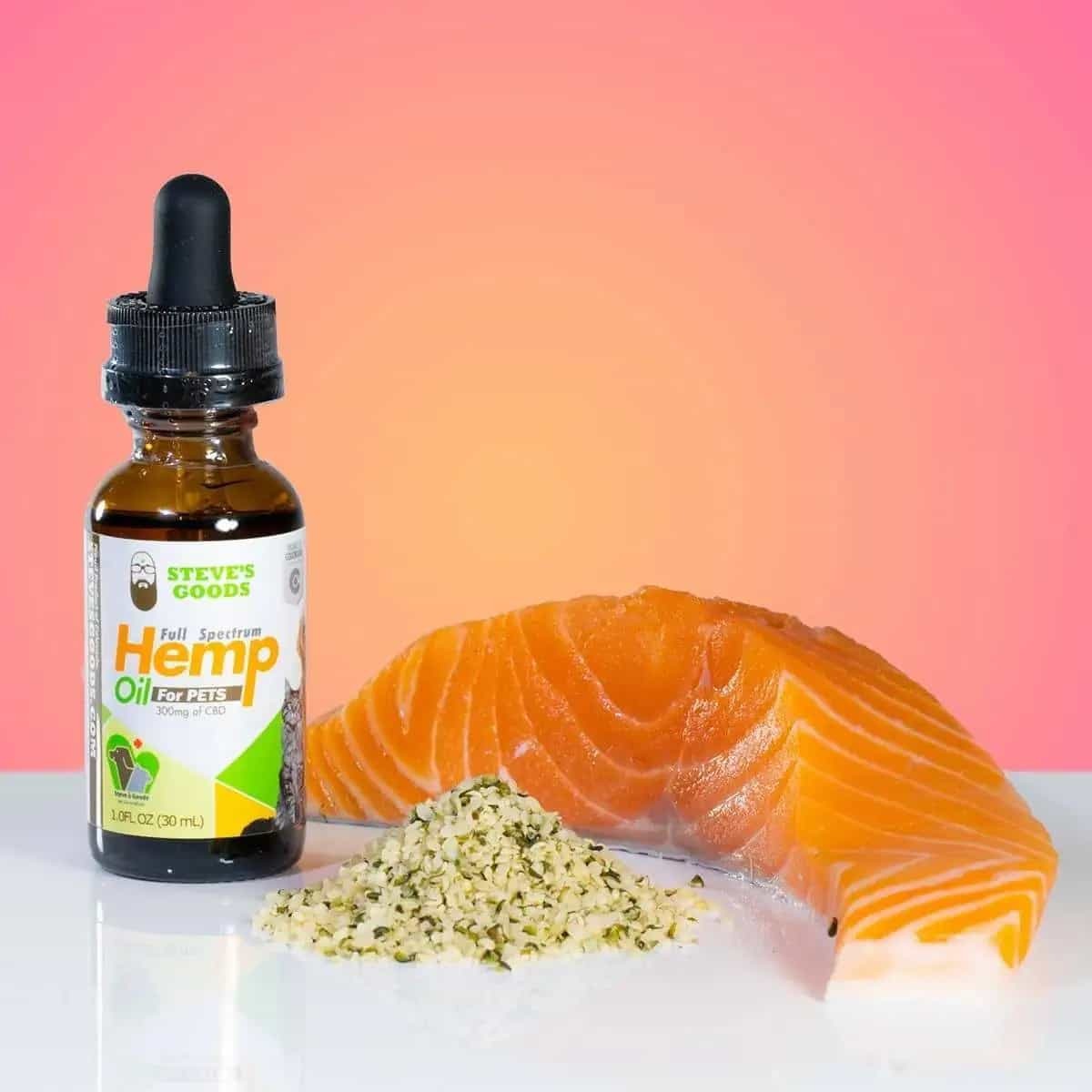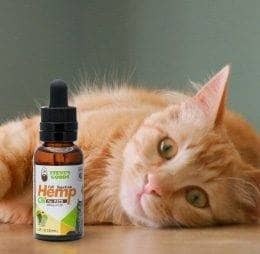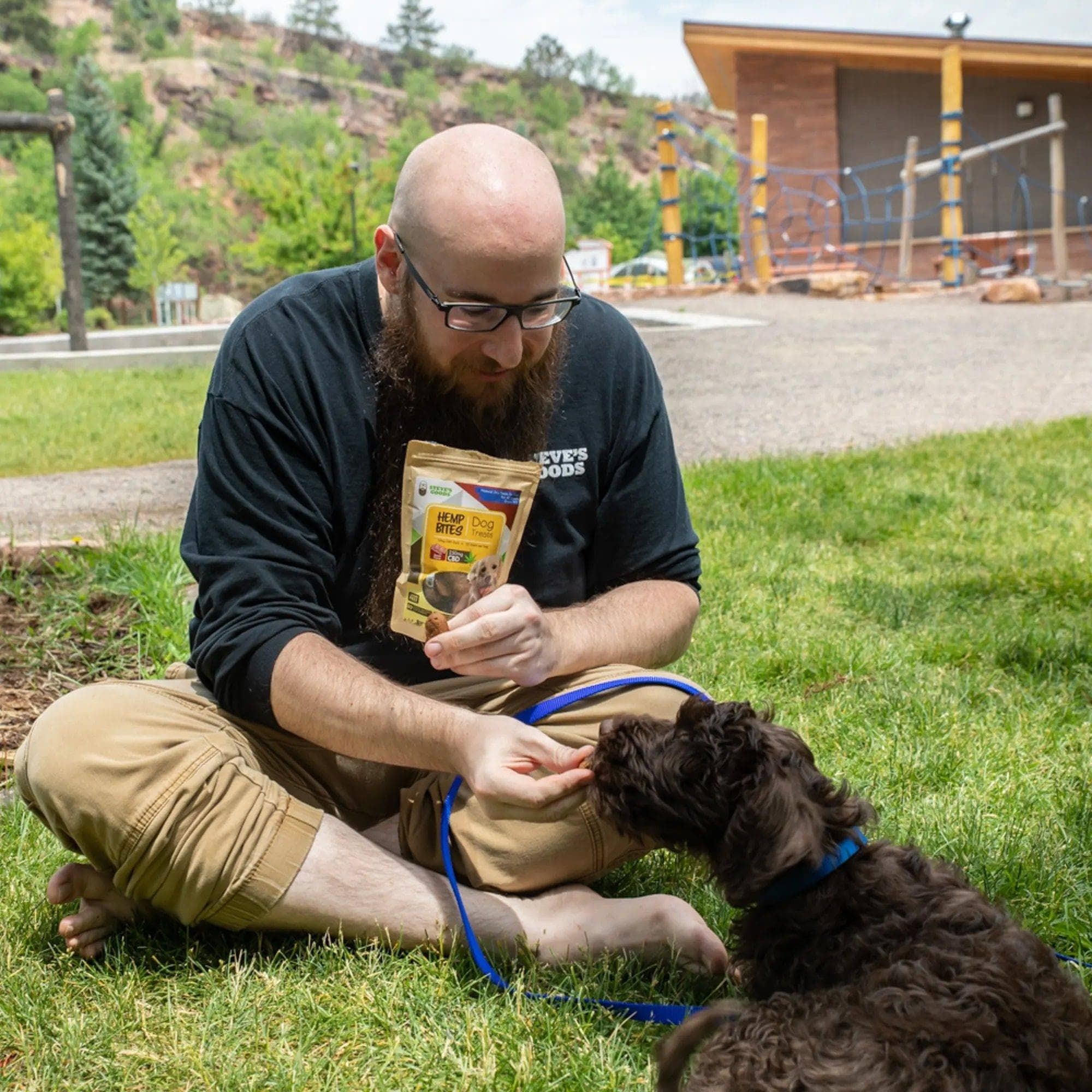CBD for Pets: A Comprehensive Guide to Supporting Your Pet's Wellness
Posted by Steve Schultheis on Apr 15th 2025

Understanding CBD for Your Furry Friends
If you've explored CBD products for yourself, you may have noticed the growing popularity of CBD for pets. As pet owners seek natural wellness options for their furry companions, CBD (cannabidiol) has emerged as a promising supplement that may support various aspects of pet health—without any intoxicating effects.
In this comprehensive guide, we'll explore what CBD is, how it works for pets, its potential benefits, proper serving sizes, and everything else you need to know to make informed decisions about incorporating CBD into your pet's wellness routine.
What is CBD for Pets?
CBD, or cannabidiol, is one of over 100 organic compounds called cannabinoids found in cannabis plants. Unlike THC (tetrahydrocannabinol), CBD is non-psychoactive, meaning it won't get your pet "high."
CBD for pets is typically derived from hemp plants, which contain high amounts of CBD and legally must contain less than 0.3% THC. This minimal amount of THC ensures your pet won't experience any intoxicating effects while still benefiting from CBD's potential wellness properties.
CBD Oil vs. Hemp Oil: Understanding the Difference
It's important to distinguish between CBD oil and hemp oil for pets:
- CBD Oil is extracted from the whole hemp plant and contains beneficial cannabinoids that work with your pet's endocannabinoid system.
- Hemp Oil comes exclusively from hemp seeds and does not contain CBD. While it can make your pet's coat shiny and offers nutritional benefits, it doesn't provide the same wellness support as CBD oil.
When shopping for pet CBD tincture products, check the label carefully to ensure you're getting actual CBD content, not just hemp seed oil.
The Science Behind CBD for Pets: How Does It Work?

Just like humans, all mammals—including dogs and cats—have an endocannabinoid system (ECS). This bodily system has existed for over 500 million years and is responsible for maintaining homeostasis (balance) throughout the body.
The ECS consists of receptors located throughout the body that interact with cannabinoids. When CBD is introduced to your pet's system, it works with these receptors to potentially support:
- Mood regulation
- Inflammation response
- Sleep cycles
- Appetite
- Immune function
Research suggests that the ECS in dogs and cats is remarkably similar to that in humans, which explains why many of the benefits people experience from CBD may extend to their pets as well.
Potential Benefits of CBD for Pets
While scientific research on CBD specifically for pets is still emerging, anecdotal evidence and preliminary studies suggest several potential benefits:
For Dogs:
- Calm during stressful situations (thunderstorms, fireworks, separation)
- Support for aging joints and mobility
- Digestive comfort
- Overall wellness and quality of life
For Cats:
- Relaxation and mood balance
- Digestive comfort
- Support for aging cats
- General wellness maintenance
Many pet owners report seeing noticeable improvements in their pets' quality of life after incorporating CBD into their routine. However, it's important to remember that individual results may vary, and CBD works best as part of a comprehensive approach to pet wellness.
Types of CBD Products for Pets

Several CBD product formats are available for pets, each with its own advantages:
CBD Oil Tinctures for Pets
Pet-specific CBD oil tinctures typically come with:
- Lower concentrations appropriate for pet sizing
- Pet-friendly flavors like salmon
- Dropper applicators for precise serving control
These can be administered directly in your pet's mouth, added to their paw for them to lick off, or mixed with food.
Full-Spectrum vs. Broad-Spectrum vs. Isolate
When choosing CBD products for your pet, you'll encounter these terms:
- Full-Spectrum CBD contains all beneficial compounds found in hemp, including trace amounts of THC (less than 0.3%). This creates an "entourage effect" where cannabinoids work together for enhanced benefits.
- Broad-Spectrum CBD contains multiple cannabinoids but has THC removed.
- CBD Isolate contains only pure CBD without other cannabinoids.
Many experts believe full-spectrum products offer the most benefits due to the entourage effect.
CBD Serving Sizes for Pets
Determining the right amount of CBD for your pet depends on several factors, including their weight, age, and individual needs. Here's a general guideline to get started:
| Pet Weight | Suggested CBD Amount | Frequency |
|---|---|---|
| 1-20 lbs | 0.25-2 mg | 1-2 times daily |
| 21-50 lbs | 2-3 mg | 1-2 times daily |
| 51-75 lbs | 3-4 mg | 1-2 times daily |
| Over 75 lbs | 4+ mg | 1-4 times daily |
Important tips for CBD serving:
- Start low and go slow - Begin with a small amount and gradually increase over several weeks until you notice positive effects.
- Consistency is key - Give CBD at regular intervals for best results.
- Monitor your pet - Watch for changes in behavior and adjust as needed.
- Keep a journal - Track your pet's response to different amounts.
Remember that CBD tinctures typically take 30 minutes to begin metabolizing when consumed orally, and effects generally last around 4-6 hours.
Calculating CBD Drops for Your Pet
To determine how many drops to give your pet:
- Check the total CBD content in the bottle (e.g., 150mg, 300mg)
- Divide by the bottle volume (typically 30ml) to find CBD per dropper
- A standard dropper filled ¾ equals 1ml or about 20 drops
- Divide the CBD per dropper by 20 to find CBD per drop
For example, with a 300mg/30ml bottle:
- 300mg ÷ 30ml = 10mg per full dropper
- 10mg ÷ 20 drops = 0.5mg per drop
- For a 25lb dog needing 2.5mg, you would give 5 drops

Safety Considerations and Potential Side Effects
CBD is generally considered safe for pets, but as with any supplement, there are some considerations:
Possible Side Effects
- Drowsiness
- Dry mouth
- Temporary drop in blood pressure
- Digestive upset (rare)
Important Safety Notes
- THC toxicity: While CBD is safe, THC (the psychoactive component in marijuana) can be harmful to pets. Always ensure your CBD pet products contain less than 0.3% THC.
- Drug interactions: CBD may alter how your pet metabolizes certain medications. Always consult with your veterinarian if your pet is on any medications.
- Quality matters: Choose products with third-party testing to ensure purity and potency.
Talking to Your Veterinarian About CBD
Veterinarians have varying degrees of familiarity and comfort with CBD due to differing state regulations. Some points to consider:
- Some vets actively recommend CBD for certain conditions
- Others may be hesitant due to limited formal research
- Always disclose CBD use to your vet, especially if your pet is on medications
- If your current vet isn't comfortable discussing CBD, consider consulting with a holistic veterinarian

How to Choose Quality CBD Products for Your Pet
With so many pet CBD products on the market, here's how to select the best:
- Look for third-party testing - Reputable companies provide Certificates of Analysis (COAs) from independent labs.
- Check hemp sourcing - U.S.-grown hemp from Colorado or other regulated states is preferable.
- Verify CBD content - Ensure the product clearly states the amount of actual CBD (not just "hemp extract").
- Avoid artificial ingredients - Choose products with natural flavors and minimal additives.
- Consider extraction method - CO₂ extraction provides the purest product without chemical residues.
Frequently Asked Questions About CBD for Pets
Will CBD get my pet high?
No. Quality CBD products for pets contain less than 0.3% THC, which is not enough to cause any psychoactive effects.
How long does it take for CBD to work for pets?
Effects vary depending on the administration method. Sublingual (under the tongue) application works faster (15-30 minutes) than CBD added to food (30-90 minutes). Some conditions may require several days or weeks of consistent use to see optimal benefits.
Will CBD show up on my pet's drug test?
Pets don't typically undergo drug testing, but if using full-spectrum products, be aware they contain trace amounts of THC. If this is a concern, choose broad-spectrum or CBD isolate products.
Can I give my pet human CBD products?
It's not recommended. Pet CBD products are specifically formulated with appropriate concentrations and pet-friendly ingredients. Human products may contain additives that aren't safe for pets or concentrations that are too strong.
Supporting Your Pet's Wellness Journey with CBD
CBD offers a promising natural option for supporting your pet's overall wellness. With proper research, quality products, and appropriate serving sizes, CBD may help your furry companion live their best life.
Remember that CBD works best as part of a comprehensive approach to pet health that includes proper nutrition, regular exercise, preventative care, and lots of love.
Always consult with your veterinarian before starting any new supplement regimen, especially if your pet has existing health conditions or is taking medications.
By taking a thoughtful, informed approach to CBD for your pet, you may discover a valuable tool to support their health and happiness for years to come.









